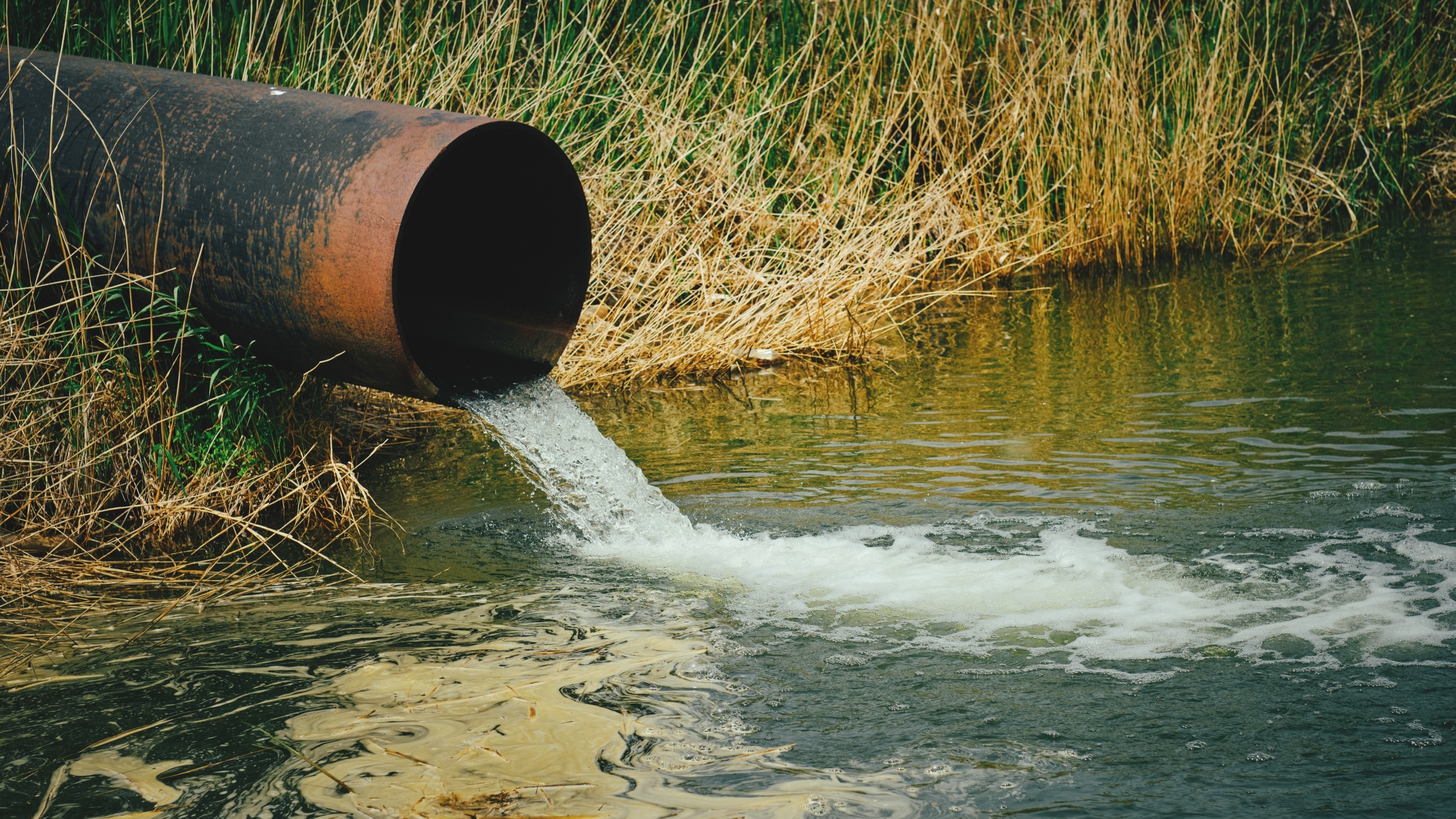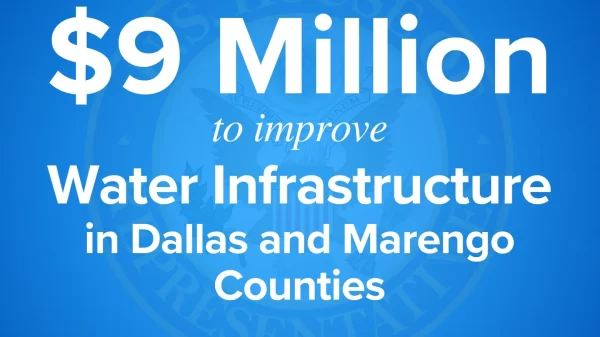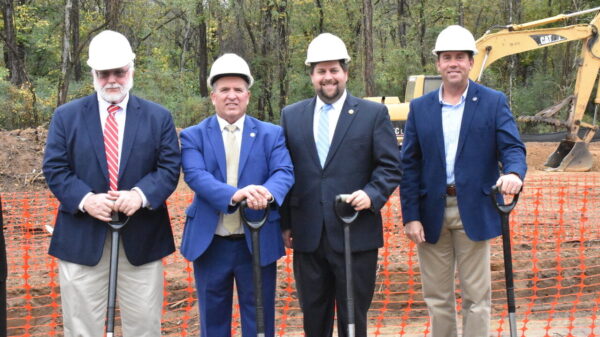|
Getting your Trinity Audio player ready...
|
Imagine a beautiful Alabama sunset and you decide to sit on the porch for a moment to enjoy a little fresh air in your backyard. Suddenly, you notice a foul odor and see that, ew, sewage is bubbling up and there is nowhere for it to safely drain or run off. Maybe, you live in a small, spread out community with no funds for a public sewage system. Maybe, there’s no safe way or practical way to install, or replace, a septic tank.
Maybe, the previous owner couldn’t afford to install proper wastewater disposal and decided to “straight pipe” it into the woods, but now it’s backing up into your yard.
Immediately, you call the water department and they tell you you’re on your own if it’s a septic tank issue. Wow, that can be really expensive.
If you’re lucky enough to live in a community that has a sewage system, they’ll send a crew out as soon as possible to fix it, that is, provided they have the funding. You wait. And wait. You call again and again and wait. Days turn into weeks and then into months. Soon, your backyard is a toxic cesspool and the kids have been told they can’t play back there anymore.
Now imagine what it would be like, in 2023, to live in a county where a situation similar to this has been occurring for decades and still remains unsolved. Well, the truth is that it’s happening right now in several Alabama counties and you know you’d be angry about it if it was your own backyard.
The problem is not just limited to wastewater and sanitation. There are also issues regarding access to clean drinking water. In fact, the federal government has allocated over $13 million to ensure clean drinking water in Wilcox county, where in many homes the water comes out brown and undrinkable from the faucet or they have no access to water at all. Although residents were happy to finally see money allocated to address these issues, they fear the money could be shifted to other communities and complain that there has been little progress, transparency, or accountability so far.
That’s why in March of this year, the Center for Rural Enterprise and Environmental Justice and NRDC (Natural Resources Defense Council), represented by the Southern Poverty Law Center, filed a complaint under Title VI of the Civil Rights Act against the Alabama Department of Environmental Management (ADEM) and the State of Alabama for discrimination in how the state distributes funding for wastewater infrastructure, withholding resources from communities of color lacking proper sanitation access.
To understand how bad the problem is, a survey in Wilcox County found that more than 90 percent of unsewered homes had an unpermitted sewage system, 60 percent with a visible straight pipe and 33 percent with a buried straight pipe or other unpermitted system. In Wilcox County, more than 100 people are estimated to be without access to a county water system and have been for decades. A few families are forced to walk to a roadside faucet to fill up plastic jugs with water they use to bathe, drink, and cook their meals. That’s why the $13 million dollar federal allocation was critical because it would upgrade the drinking water for all 10,000 residents of the county.
In Lowndes County, 15 percent of survey respondents reported that they had a failing onsite sanitation system or no wastewater treatment at all. The Alabama Department of Public Health thinks the number is much higher: it has estimated that 40 to 90 percent of all Lowndes County households have inadequate or no onsite sanitation.
Thankfully, the Biden Administration and the U.S. Congress has allocated hundreds of millions of dollars to address these chronic public health issues that have plagued the Black Belt, but residents are rightfully skeptical that the money will be spent where it is needed most.
In the past, promises were made, funding tentatively approved, and, suddenly, the money was re-allocated. Sometimes, the communities weren’t able to come up with matching funds or able to deal with the mountain of bureaucratic processes and obstacles involved in implementing large, complex public works projects.
In fact, all of that may be playing out again, but we have no real way of knowing. A quick visit to the websites of the Alabama Department of Environmental Management and the Alabama Department of Public Health, gives very little, if any, specific information on which projects are being funded, how they are being prioritized, or, most importantly, when they’ll be completed.
Fundamentally, this issue is about justice and fairness. It strongly reinforces the saying that “justice delayed is justice denied.” Is it fair or just to have no access to clean water or adequate waste disposal? How long should these communities be forced to wait and endure these conditions? Why?
This is all happening right now in our modern Alabama, in our own backyard. It’s time to hold our legislators and our state agencies responsible for fixing this crisis immediately. We should never again have to host a visit from the United Nations in which they describe Alabama’s “third-world” living conditions, or how we should deal with rising rates of hookworm infections amongst our citizens due to lack of proper public sanitation.
We all love our backyards. You know exactly how you’d feel if this was happening in your own backyard and nothing was being done. You know how you’d feel if there was no transparency or accountability.
Our backyards are where our children play, where our friends and neighbors cook out on the grill, and it should be our family’s oasis from the world- not a makeshift wastewater treatment facility.






















































